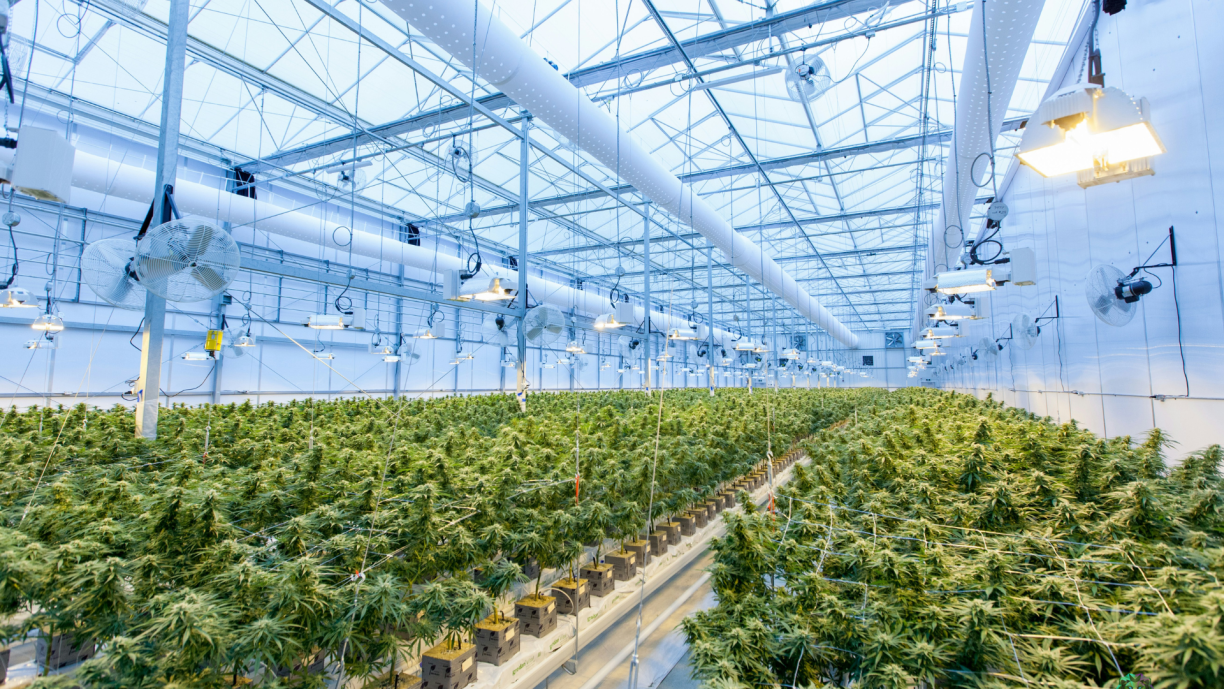
A normal dose of cannabis leads the user to experience acute effects for a period of several hours, in which they are not considered safe to drive as the drug could impair their abilities. After this period, however, drivers are generally considered not to be impaired, says Professor Volker Auwärter, but cannabis can be detected in blood samples for a long time after consumption, which raises questions regarding the tolerance threshold.
The expert from the University of Freiburg told RTL that the maximum value permitted in Luxembourg - 1 ng of THC per ml of blood - corresponds to a zero tolerance threshold, as the limit is so low. Auwärter explained that, as a result, many consumers would be considered to be over the limit, despite being in safe condition to drive. Luxembourg’s tolerance limit is therefore very conservative.

Auwärter advised the specific qualities of cannabis should be taken into consideration, as unlike alcohol, cannabis accumulates in the blood following repeated consumption, meaning it is a slow process to eliminate all traces. As a result, a consumer’s blood sample would show values significantly higher than 1 ng/ml of blood, without the consumer actually being affected by the drug. In such cases, the toxicology expert says sanctions would be inappropriate.
Luxembourg is not alone with its conservative threshold; in neighbouring Germany, the tolerance threshold is also 1 ng/ml of blood, but there are ongoing discussions to amend drug driving laws, increasing it to 3-3.5 ng THC/ml. France also practises a zero tolerance policy, while Belgium has cracked down on drivers who use cannabis, with heavy fines and driving bans, after the number of offences increased dramatically in recent years.
Cannabis and driving: the problem with Luxembourg’s THC testing
The penalties incurred in Luxembourg for drivers over the cannabis threshold are “unheard of,” says Auwärter. The Grand Duchy’s drug driving laws currently permit prison sentences ranging from eight days to three years, and fines ranging between €500 and €10,000 for infractions. These punishments are significantly stricter than in Germany.
Auwärter says it is difficult for users, because objectively they have done nothing wrong, as the threshold is simply too low. He also expressed surprise that Luxembourg does not make exceptions for people using cannabis for medical reasons. In Germany, patients using medicinal cannabis are not considered to be recreational users, and are therefore protected by law.
Auwärter says it is clear in any case that alcohol consumption is significantly more dangerous for motorists than cannabis, as it diminishes the critical evaluation of a driver’s faculties. He explains that excess alcohol consumption leads people to overestimate their abilities and consider themselves capable of driving safely, even if they are long past that threshold.
Studies have shown that cannabis consumption has the opposite effect. Consumers tend to underestimate their capacity for driving and will therefore not consider getting behind the wheel until the drug’s effects have worn off. The professor says this is why relatively few accidents are caused by cannabis.
Generally speaking, the forensic toxicologist favours the decriminalisation of cannabis, but acknowledges that legalisation is a thorny issue. He emphasises that lawmakers must ensure the protection of young people, but says that punishing consumers is not the correct solution, instead advocating for a focus on prevention.
Growing at home: Everything you need to know about Luxembourg’s new cannabis law